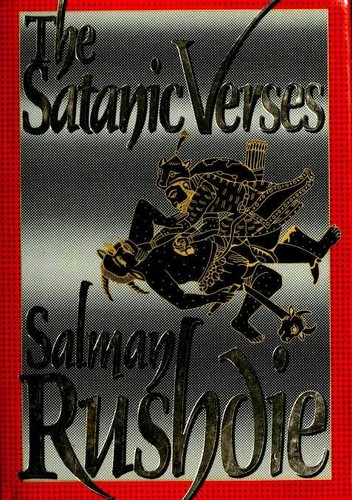A win for authors
Amazon is changing its e-book return policy to make it harder to read entire books for free, producing no income for the author. Currently, it’s generally permitted to “return” any e-book within seven days for a full refund, even if the customer has read the whole thing. Under the new policy, automatic returns will be allowed only if the customer hasn’t read more than 10% of the book. People who have read more than 10% can still request a refund, but they’ll have to file a customer service request, which a human will review.
Some authors have reportedly experienced a serious decline in their income due to abuse of the return policy.
Of course, this is a reminder that Amazon tracks your reading habits in detail when you buy their e-books.
